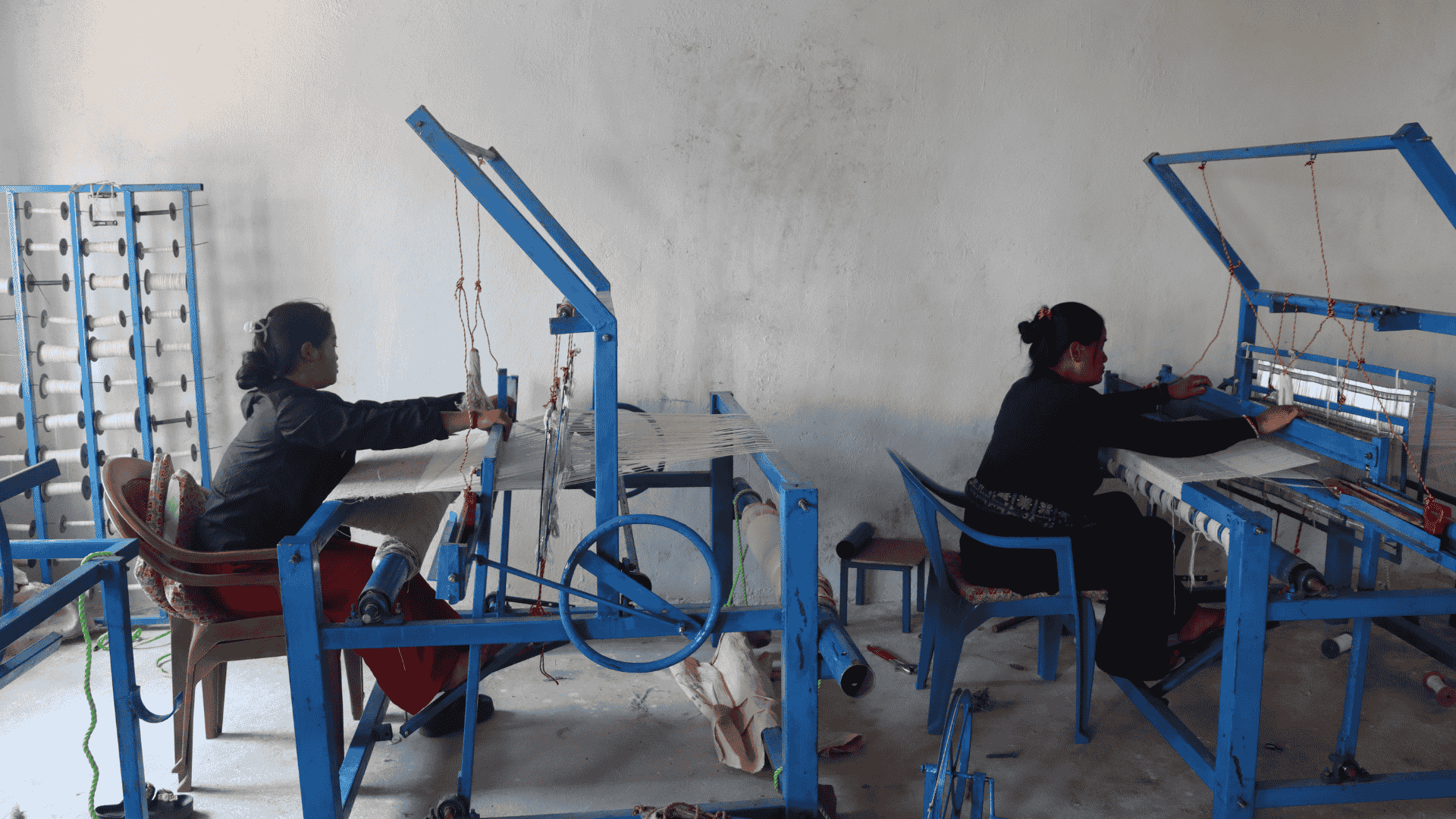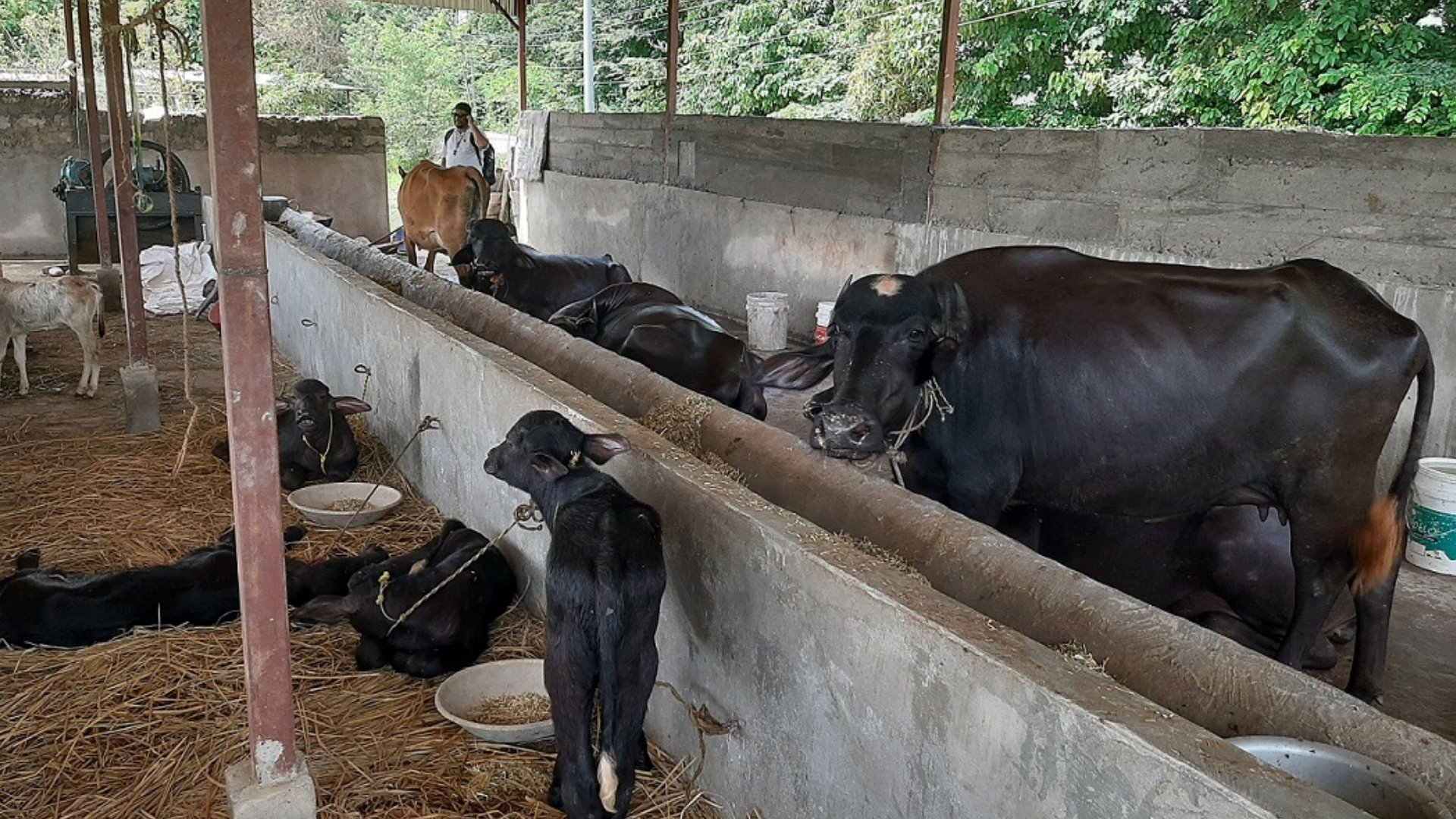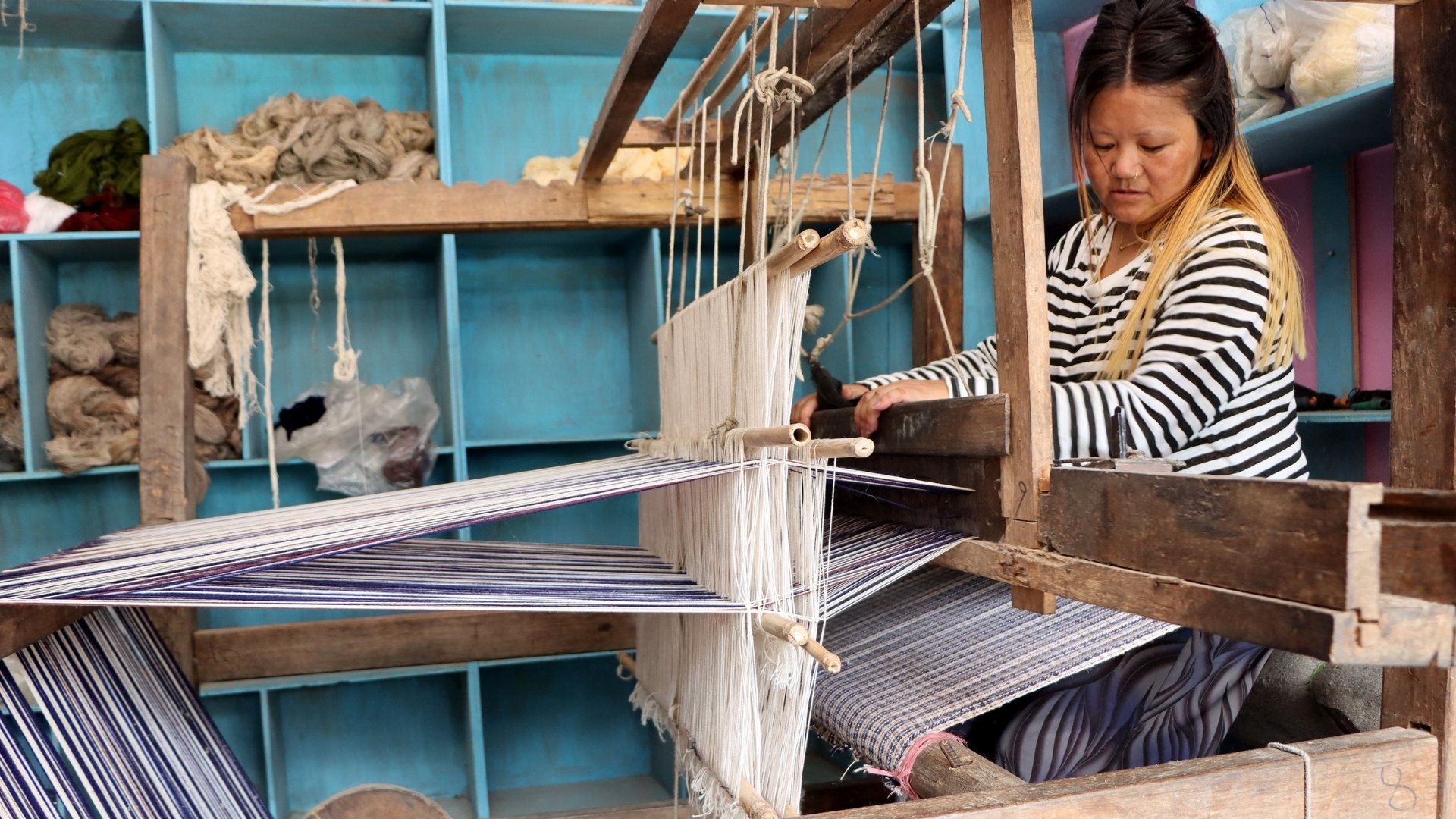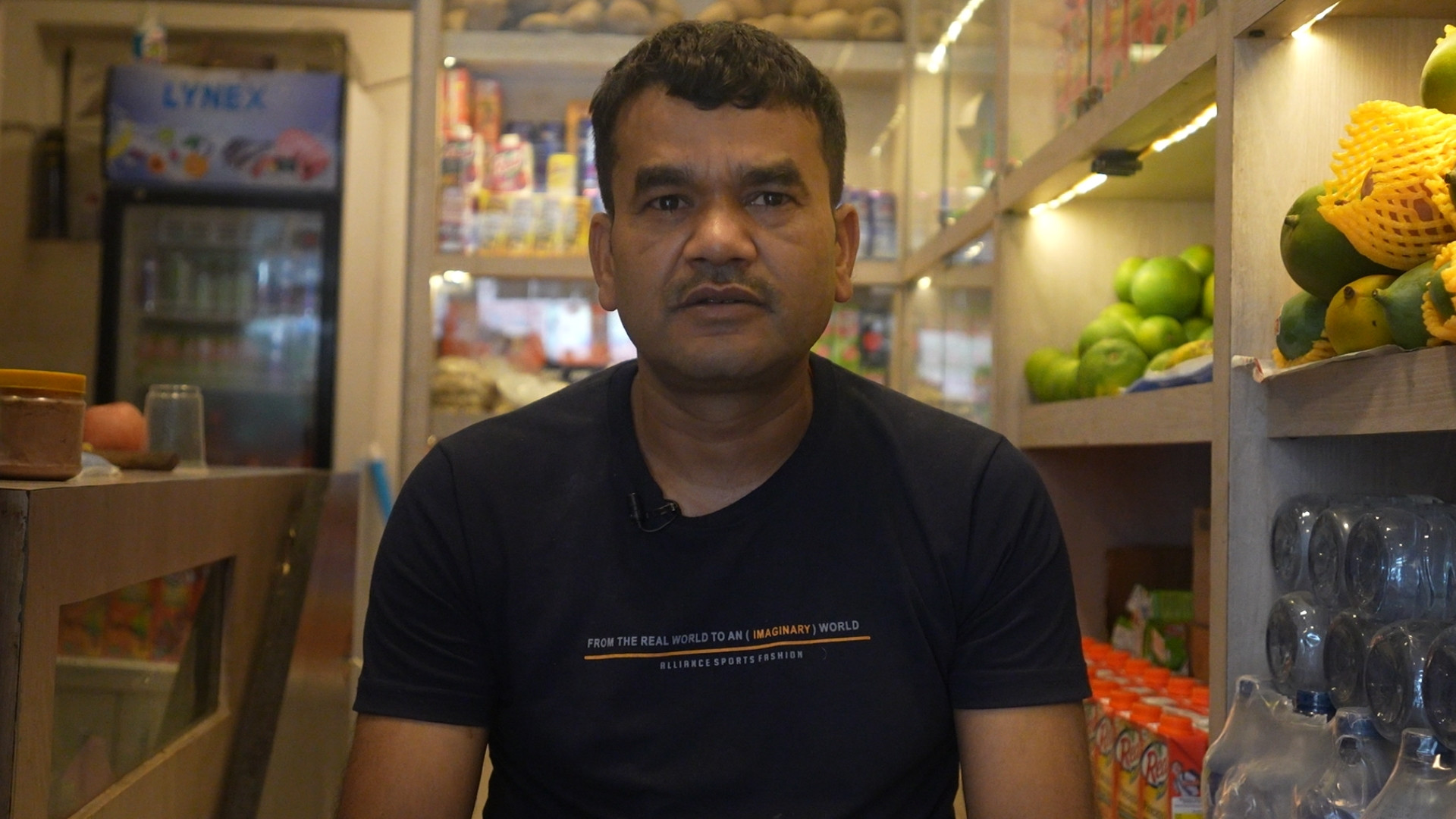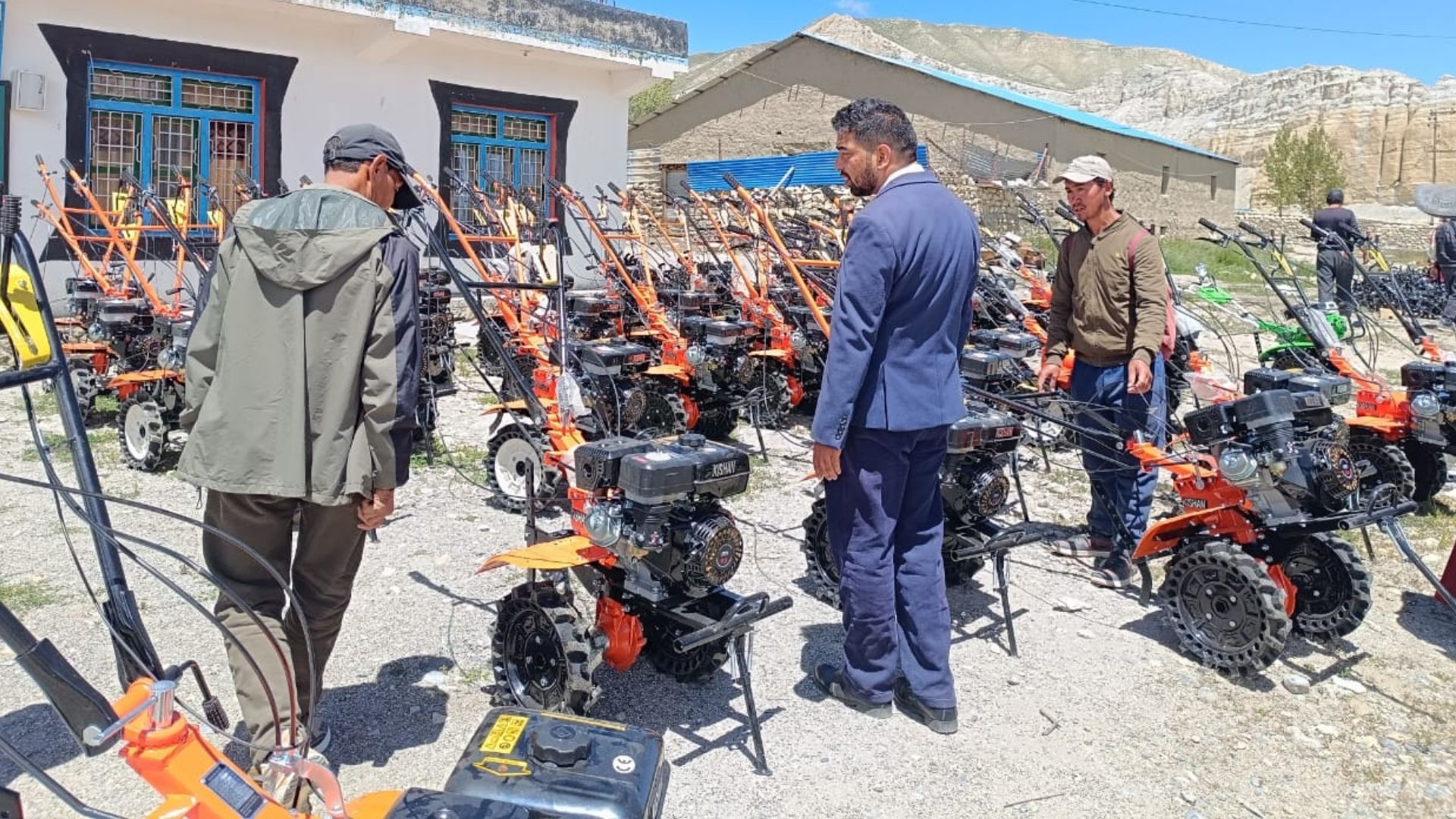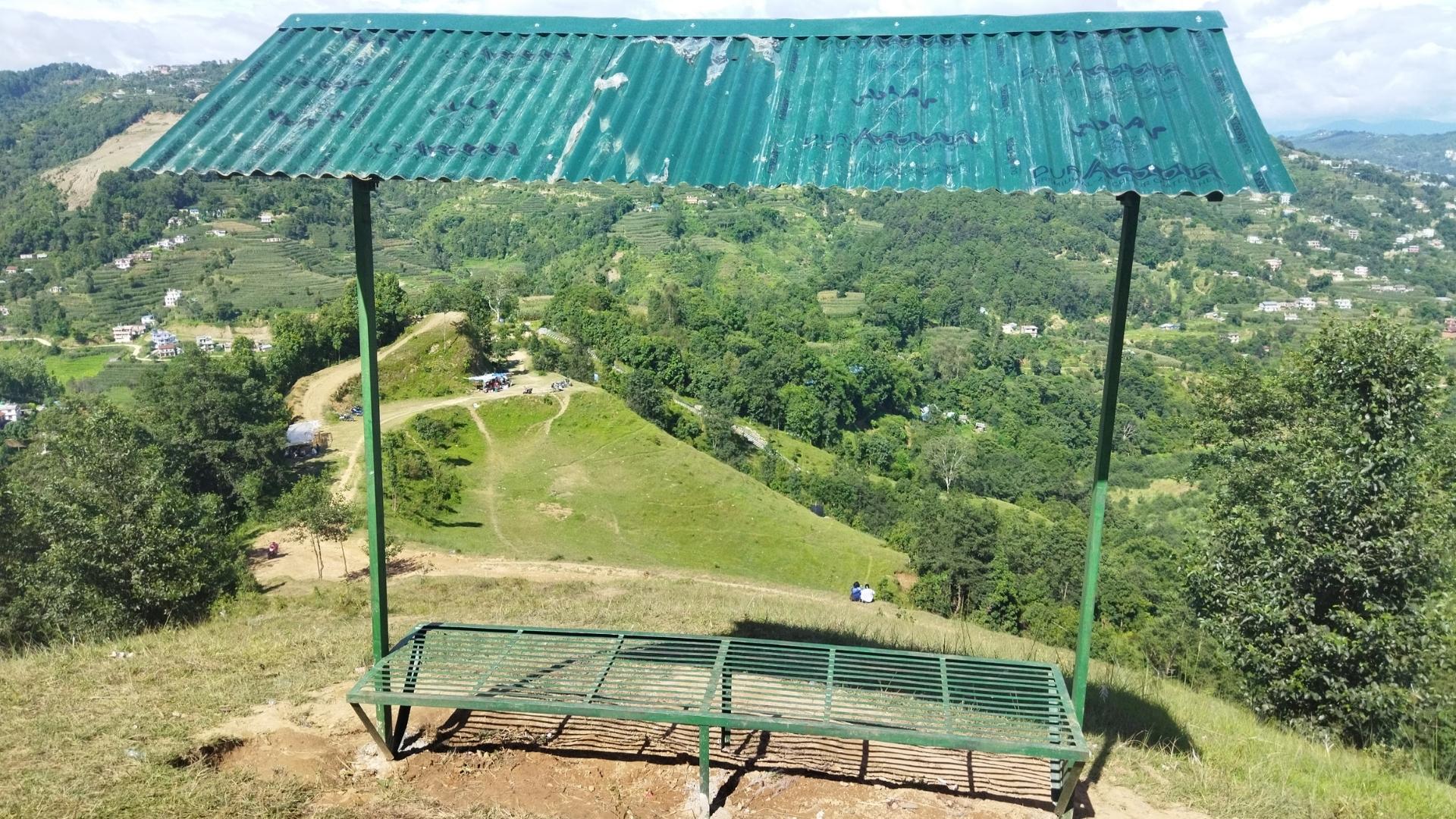In a remarkable effort to utilize locally available resources and empower women, a community-led initiative in Doti’s Badikedar Rural Municipality has begun processing Himalayan nettle (allo) and producing textiles within the village itself.
The project, launched in collaboration with Pashupati Allo Processing and Spice Industry Pvt. Ltd., aims to transform the otherwise wasted forest nettle into a reliable source of income for local families. With technical support from GIZ and financial assistance from the municipality’s Enterprise Development Division, around NPR 2 million has been invested to initiate the program in Ward 4, Kaulebazar.
Following a month-long training on allo processing and textile weaving, 15 women from the village have taken the lead in this venture. The training covered everything from fiber extraction to weaving yarn into fabric, with additional instruction on making value-added products such as coats, caps, bags, and shoes.
According to Bhupendra Bahadur Bohora, head of the Enterprise Development Division, the municipality provided essential weaving equipment, spinning tools, and raw materials to support production directly in the village. With this support, production of yarn and cloth has already started.
Rural Municipality Chairperson Bhairav Saud noted that the demand for allo yarn and fabric has been rising significantly, motivating the local government to step in and facilitate the initiative.
Women actively engaged in the project, expressed their satisfaction with the economic potential of this initiative. After receiving the necessary training and equipment, 15 women have been engaged in this work. Further support and market expansion have also been expected from the concerned authorities for sustainable management. Vice-Chairperson of the Rural Municipality Dumbari Bista Kalel emphasized the importance of expanding the enterprise and establishing a national and international market presence, turning this into a full-time, sustainable occupation for the community.
The initiative is not only generating income but also setting an example for rural innovation and community-driven development. With proper scaling, it has the potential to uplift rural economies, promote sustainable resource use, and empower women in remote regions of Nepal.


